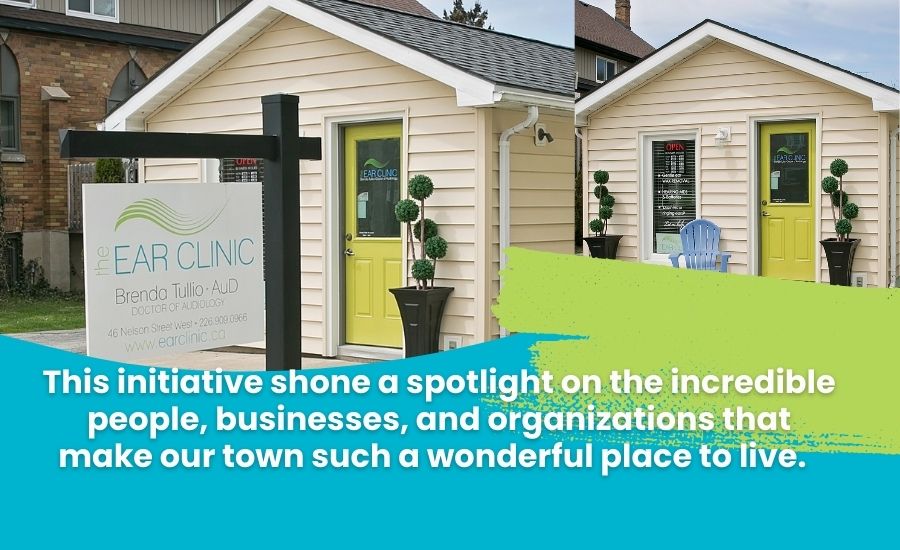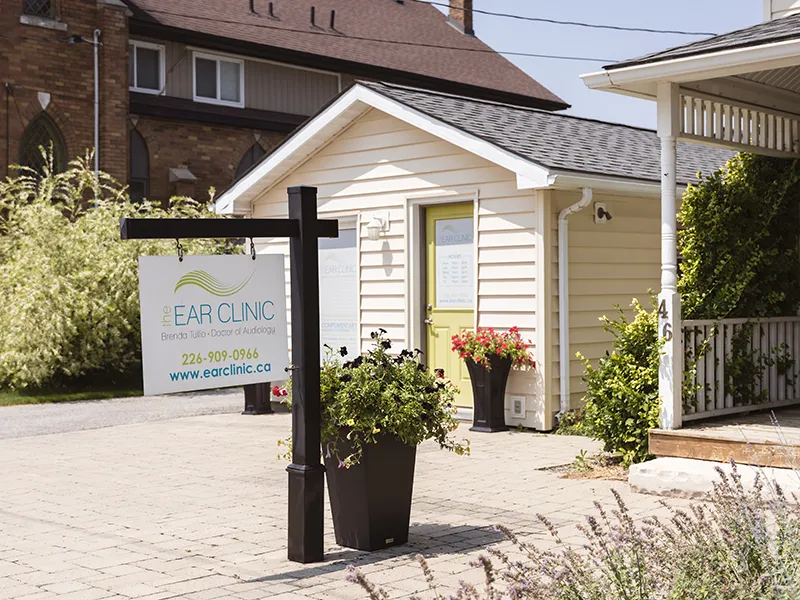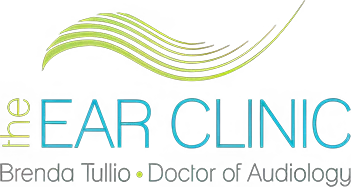Feb 19, 2020
|
Brenda Tullio, AuD
|
2 min read
Do Your Heart and Your Hearing a Favor

Did you enjoy your Valentine’s Day? The flowers, the romance, a big heart full of candy? It’s a good thing they picked that shape for the candy boxes, because the actual human heart isn’t quite as pretty to look at as a classic Valentine’s Day heart. On the other hand, there is truly nothing more beautiful than a heathy heart pumping in support of a happy life.
You may not realize it, but a healthy heart is also important to maintaining healthy hearing. Like everything else in our bodies, the mechanisms that allow us to hear rely on healthy blood flow. Tiny vessels located in the inner ear are vital to powering the organ that translates soundwave vibrations into electrical impulses for the brain.
Anything that restricts the flow of blood has the potential to harm your hearing. That’s why hearing health professionals recommend a hearing test shortly after a heart attack or stroke. You can’t know if that interference with the blood stream has affected your hearing until you have your hearing tested.
The many decades of research into the connection between cardiovascular disease and hearing loss is very compelling. In fact, hearing care providers consider it so important that they now review and document each patient’s cardiovascular health history.
There are factors related to cardiovascular heath that you can’t do anything about—inherited genetic traits, for instance. But there are things you CAN do to help ensure a good supply of blood to the inner ear:
Don’t use tobacco.Not only is tobacco bad for your lungs, nicotine can constrict blood vessels like those little ones in your inner ear.
Get some exercise.You don’t have to become a marathoner; just work some reasonable, regular exercise into your routine. And if you work a sedentary desk job, find a reason to get up and move around every hour.
Eat fruits and vegetables. Fruits and vegetables are excellent sources of vitamin C and beta-carotene, which are both good for cleaning plaque out of your arteries.
Cook with healthy oils.
Switch to oils that are low in saturated fat, such as sesame oil, olive oil or grapeseed oil.
Those are just a few of the simple things you can do to take care of your heart and circulatory system. A simple web search can yield a whole lot more. Show yourself and the people who care about you a little love by committing to a heart-healthy lifestyle. Your cardiovascular system, and every system that depends on it—your ears, included—will thank you for it.

Feb 19, 2020
|
Brenda Tullio, AuD
|
2 min read
Why The Ear Clinic Chose to Support the On Air For Healthcare Radiothon
Why local healthcare and the Meaford Radiothon matter to The Ear Clinic

Feb 19, 2020
|
Brenda Tullio, AuD
|
2 min read
12 Days of Giving: Celebrating Meaford’s Community Heroes
The holiday season is all about giving back.

Feb 19, 2020
|
Brenda Tullio, AuD
|
2 min read
How Custom Hearing Aids Helped Restore Confidence and Peace of Mind: Barrie’s Story
Taking the first step with trusted professionals restores confidence.

Feb 19, 2020
|
Brenda Tullio, AuD
|
2 min read
How Alan Transformed His Hearing Health with Expert Care That Put Him First
Alan’s story starts like many others.: with turning up the volume. “I first realised there was something...
Get in Touch
Request a Callback
If you’re concerned about your hearing or that of a loved one, it’s natural to feel uncertain about what steps to take, who to see, or which advice to trust.
That’s where we come in. Simply fill out this form, and a friendly member of our team will give you a callback to answer your questions, provide professional guidance, and make the process clear and stress-free so you can get the help you need.
And remember – there’s no such thing as a silly question!


